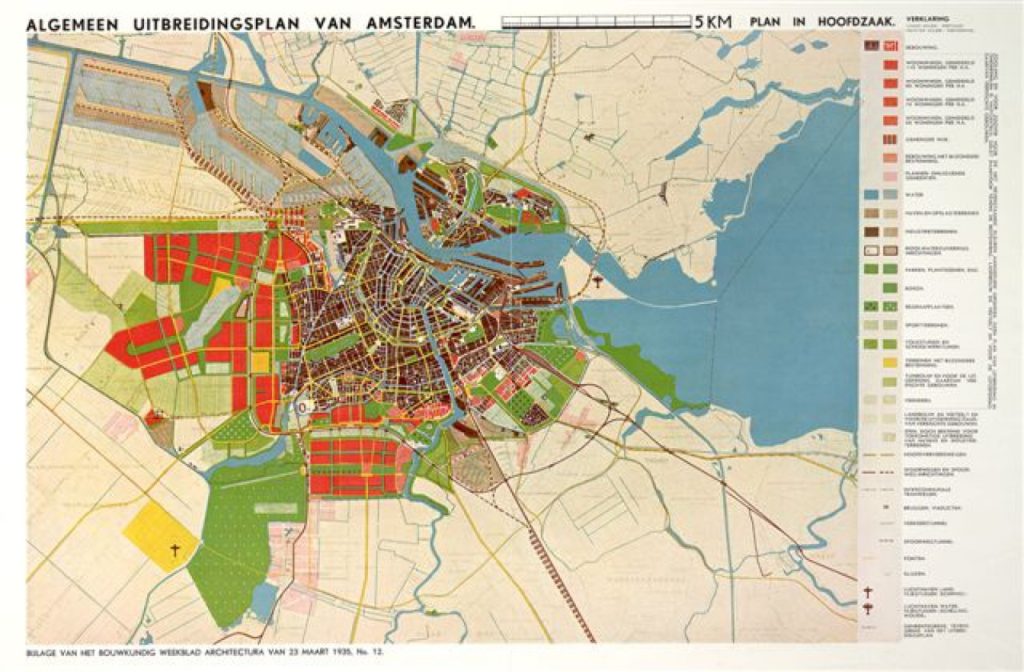Time to come clean!
Our company specializes in the model-based valuation of real estate. In cooperation with appraisers, we value residential, commercial and obsolete real estate (e.g. schools and universities). Thus, we have knowledge of different valuation methods.
One of our colleagues lives in Amsterdam and recently received an offer from the municipality to buy out his leasehold contract. He was shocked by the redemption price.
The difference in land value and the redemption price of the leasehold contract is considerable. For our colleague, the redemption price (112,298 euros) is more than 2x the land value determined by the municipality (52,440 euros). This seems unfair to us. Our colleague would pay 59,858 euros too much while in recent years, even without taking into account a discount rate, he has already paid about 30,000 euros in canon.
We have asked the political parties in Amsterdam how they see things.
From the responses and our own research on the impact of ground leases on sales prices, we conclude:
- The very existence of the ground lease system is questionable.
- In fact, partly due to lack of knowledge, buyers do not take into account leasehold contracts when assessing the reasonableness of the asking price, so they do not pay significantly less for a leasehold property than for a home on their own land.
- Buyers (of non-new homes) therefore pay the land value twice.
To begin with, they pay the land value to the seller; in addition, they take over the ground lease contract and pay the municipalground rent on the land.
- The land value and canons determined by the City of Amsterdam were set too high.
- The land value is determined by subtracting the building value from the WOZ value.
The building value is determined by amortizing the cost of new construction based on technical and functional obsolescence that has occurred since the year of construction.
The municipality does not take into account, however, that the value of the superficies, like any other asset, is partly determined by supply/demand relationships.
Especially in Amsterdam, where (residential) building land is a scarce commodity, the value of the building land can be higher than the new construction price.
The superficies value is underestimated by the municipality, resulting in the land value and related canon being set too high.
Given the financial interests of residents and municipality, further substantive discussion of the purpose and design of the current redemption scheme is not only necessary but urgent.
In its current setup, the ground lease and surrender scheme do not contribute to the proper functioning of the housing market. However, the excessive redemption fees make it impossible for many residents to buy out the leasehold, leaving the municipality with a leasehold scheme it wants to get rid of for several reasons.
Contact us
